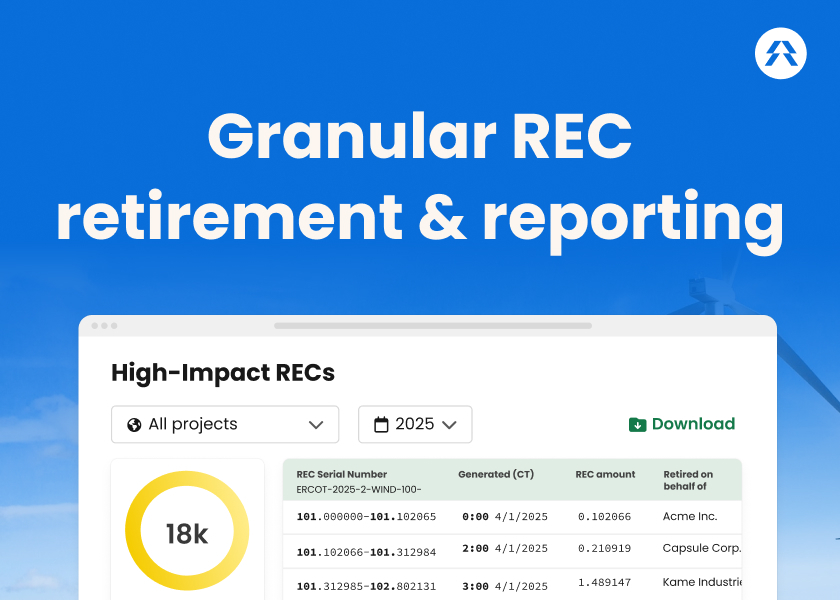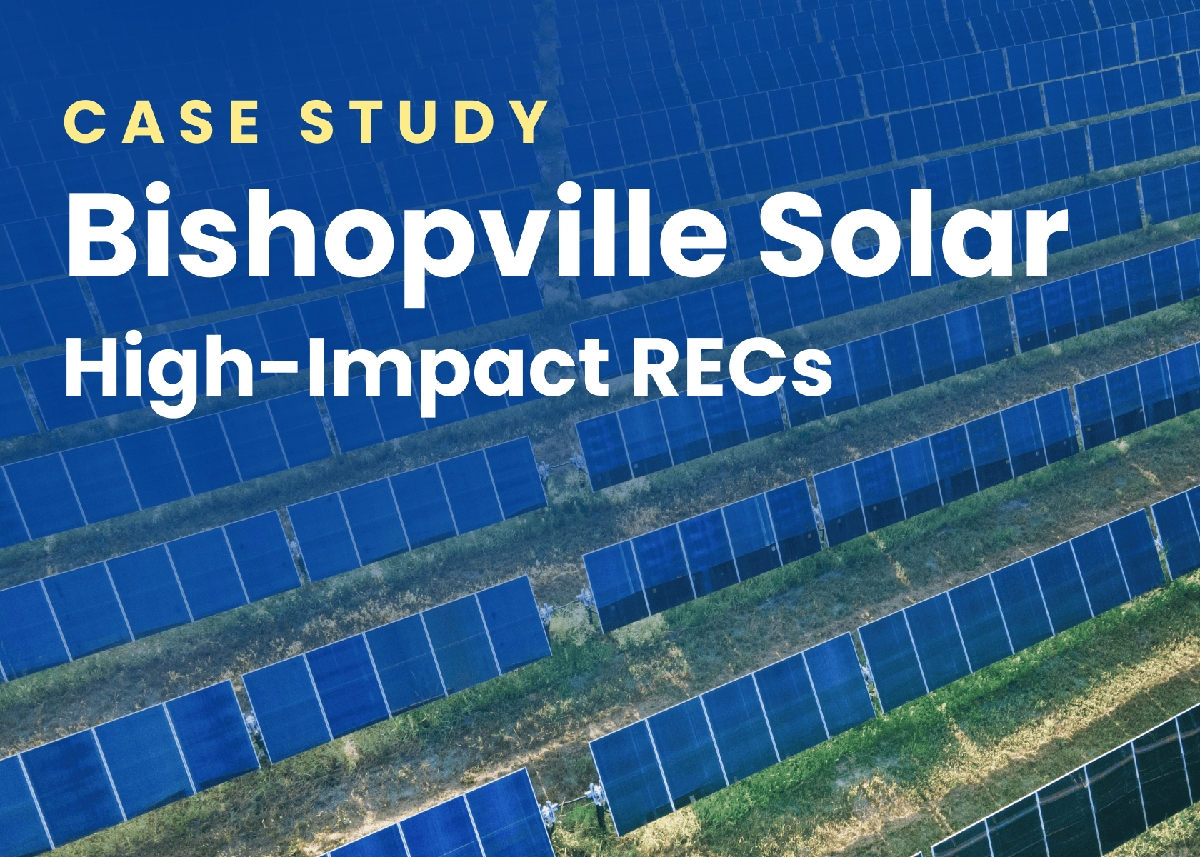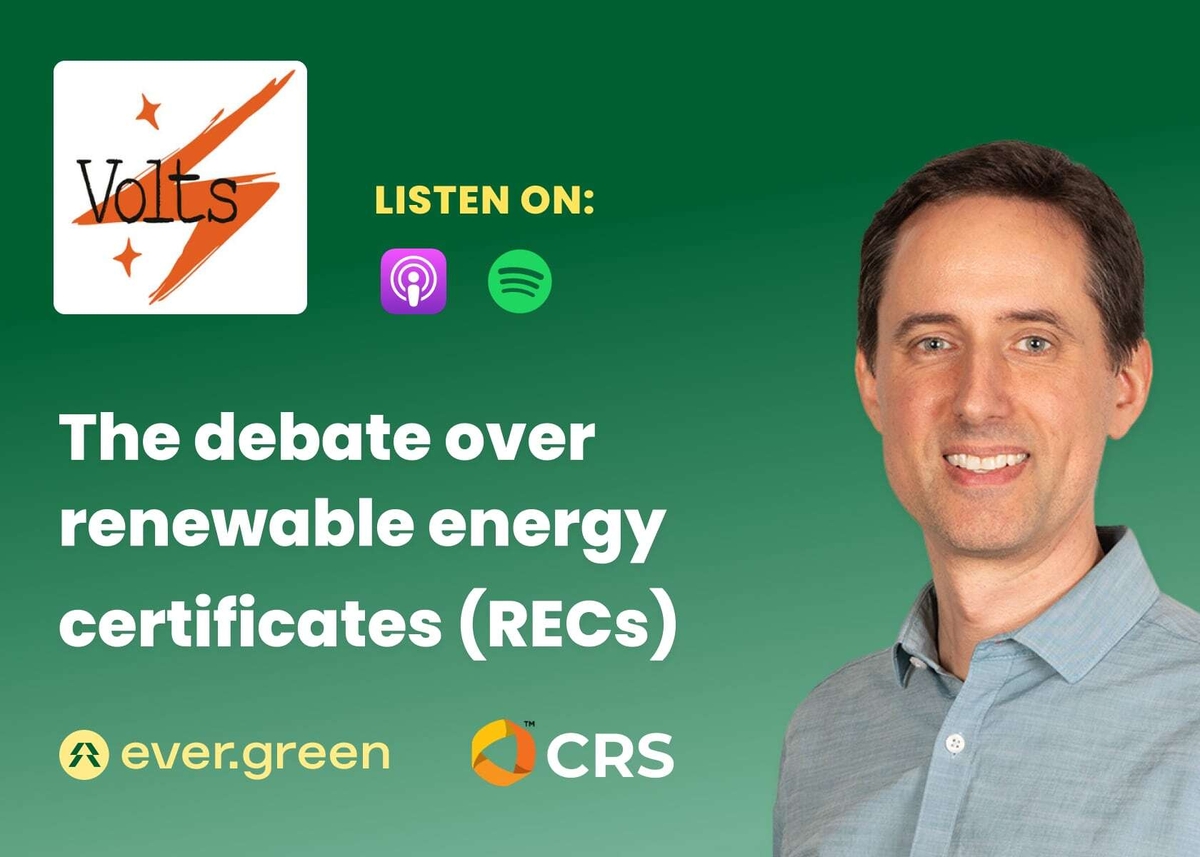Hidden Risks of Hourly Matching: Why Stricter Rules Could Slow Clean Energy Progress
Hourly matching rules for Scope 2 reporting could make corporate renewable energy procurement more complex and less impactful. Discover why consequential accounting offers a better path forward.
May 30, 2025
As the rules for corporate greenhouse gas (GHG) reporting undergo their most significant revision in years, a big question looms: Should companies be required to match their electricity consumption with renewable energy purchases on an hour-by-hour basis?
In theory, hourly matching—where electricity use is paired with renewable generation in the same hour and region—sounds like a win for transparency and impact. Known as "24/7 Carbon-Free Energy," advocates argue it will lead to more accurate accounting and stronger incentives for clean energy development.
However, Michael Leggett of Ever.green and Michael Gillenwater of Greenhouse Management Institute offer a counterargument in a new essay, warning that mandatory hourly matching could backfire—undermining clean energy investment and slowing progress on decarbonization.
The Problem with Precision
Hourly matching imposes stricter rules: companies must buy renewable energy certificates (RECs) that line up with the exact time and place in which they use electricity. While this could raise the value of RECs in some hours and locations (theoretically making the building of new clean energy projects more attractive to developers), Leggett and Gillenwater warn of several risks:
- Fewer projects will get financed: Hourly requirements add complexity and fragmentation by forcing companies to acquire RECs region by region instead of aggregating demand. This makes it harder to structure Power Purchase Agreements (PPAs), which are essential to financing new renewable projects.
- Fewer companies will participate: Tracking hourly data and buying RECs accordingly is expensive and complicated. Without additional internal resources or budget to manage this new requirement, companies may opt out of voluntary participation altogether.
- Better optics, less impactful purchases: By emphasizing accounting precision and optics over outcomes, hourly matching may steer companies toward easy, low-impact REC purchases from existing projects rather than long-term forward contracts in dirtier regions that actually drive new clean energy and displace fossil fuels.
A Better Way: Focus on Impact
Buying low-cost RECs from existing projects does little to accelerate the clean energy transition. Hourly matching doesn’t fix this—and ironically, makes it harder for companies trying to prioritize high-impact action.
More granular data about energy generation and consumption is valuable. But instead of forcing every company into the same rigid hourly matching mold, we should deploy that granularity where it matters most and pair it with a new focus on the consequential impact of corporate action.
One path forward is to make hourly matching optional while introducing a parallel GHG reporting track focused on consequential impact. Companies could continue traditional reporting, but also disclose a new statement quantifying the emissions they verifiably help avoid, especially through tools like PPAs and forward contracts that bring new clean energy online.
This new reporting method would align incentives with impact—rewarding companies for doing what truly matters, while still leaving room for voluntary leadership—without discouraging participation.
Bottom Line
Hourly matching may improve optics, but it risks undermining what’s already working. We need to supercharge the clean energy transition, not slow it down. A more flexible, impact-focused path can incentivize ambition, expand participation, and support the broader goal: a faster decarbonization of the grid.
Download the Full Paper
This post offers only a high-level overview. The full paper dives deeper into the risks, tradeoffs, and unintended consequences of hourly matching, along with a practical, impact-driven alternative grounded in real-world experience.
As Scope 2 standards are being rewritten, the choices we make now will shape the future of corporate climate action.
Download the full paper to understand all of the risks and what’s at stake. Ever.green has also drafted a proposal for upgrading scope 2 standards that integrates hourly matching and consequential impact.

This is a special collaboration with Michael Gillenwater at the Greenhouse Management Institute. You can see their coverage of the paper here and follow their work at ghginstitute.org.






